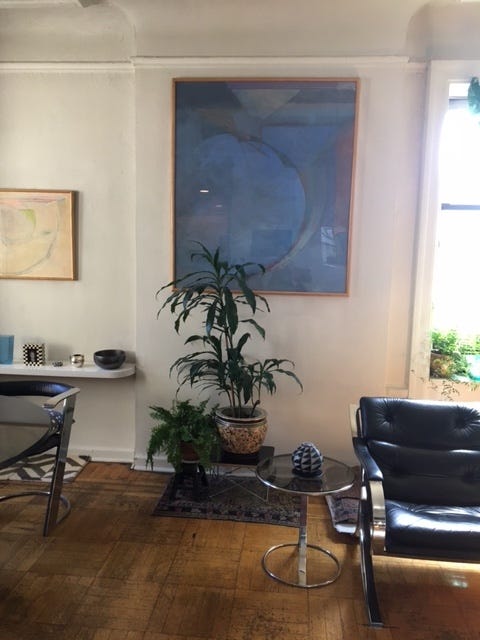Apartment part 2
On keeping a rent stabilized apartment on the Upper West Side

In "Apartment part 1,” Laurie, otherwise known as I, am trying to keep legal rights to my apartment while, at the same time, I am living most of the time with Richard in Arizona, where he is director of the Museum Studies department at Ar…
Keep reading with a 7-day free trial
Subscribe to Everything is Personal to keep reading this post and get 7 days of free access to the full post archives.

